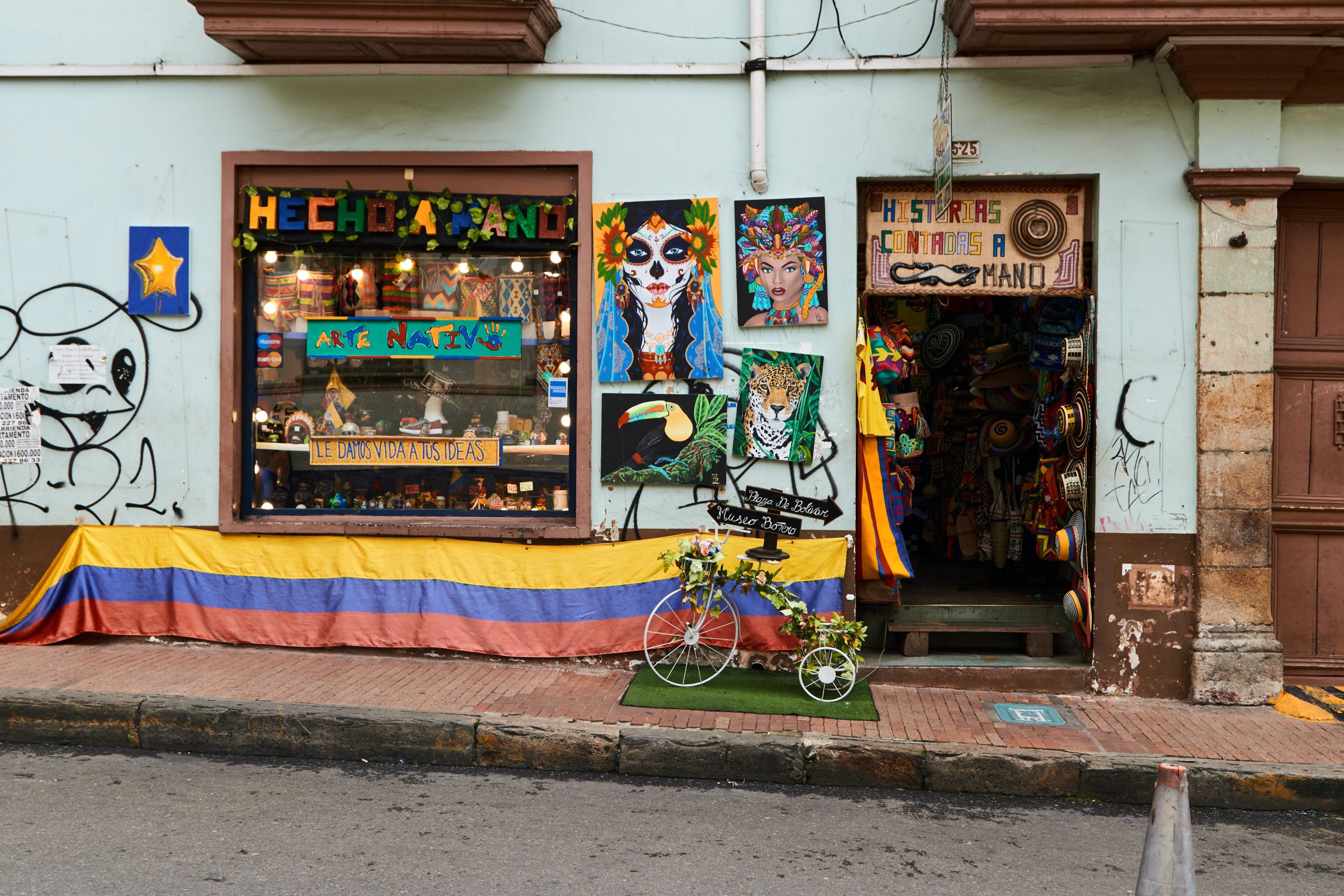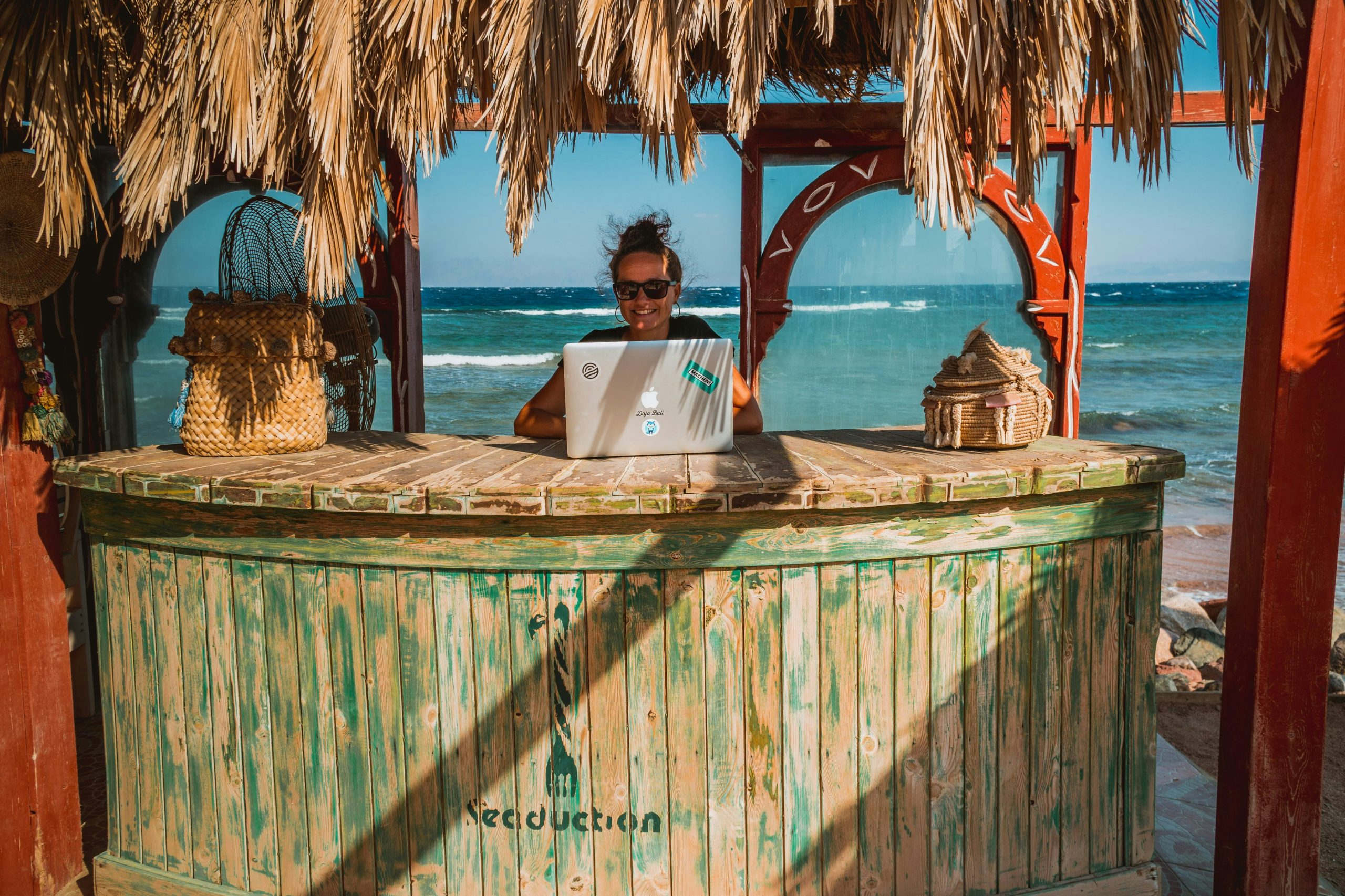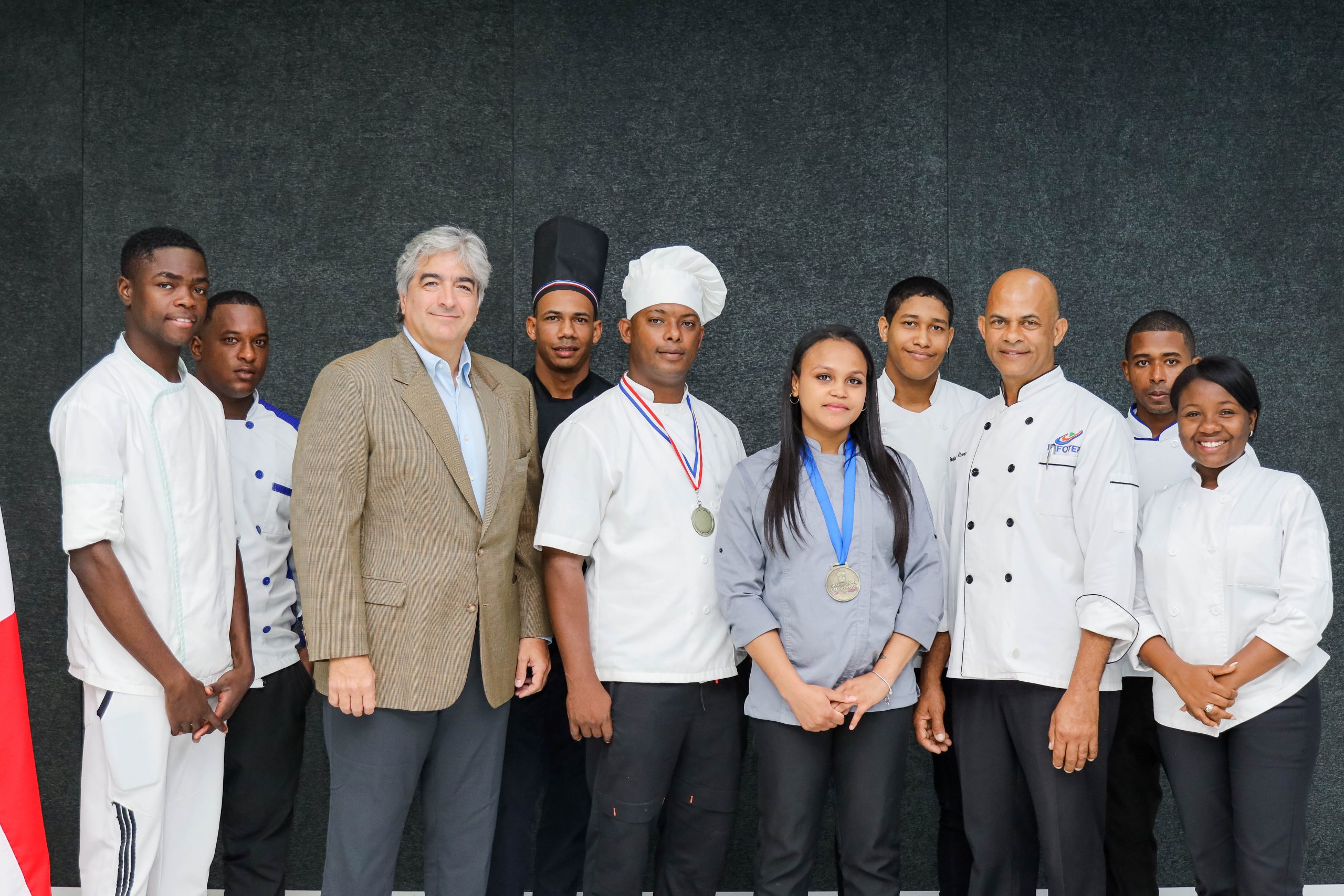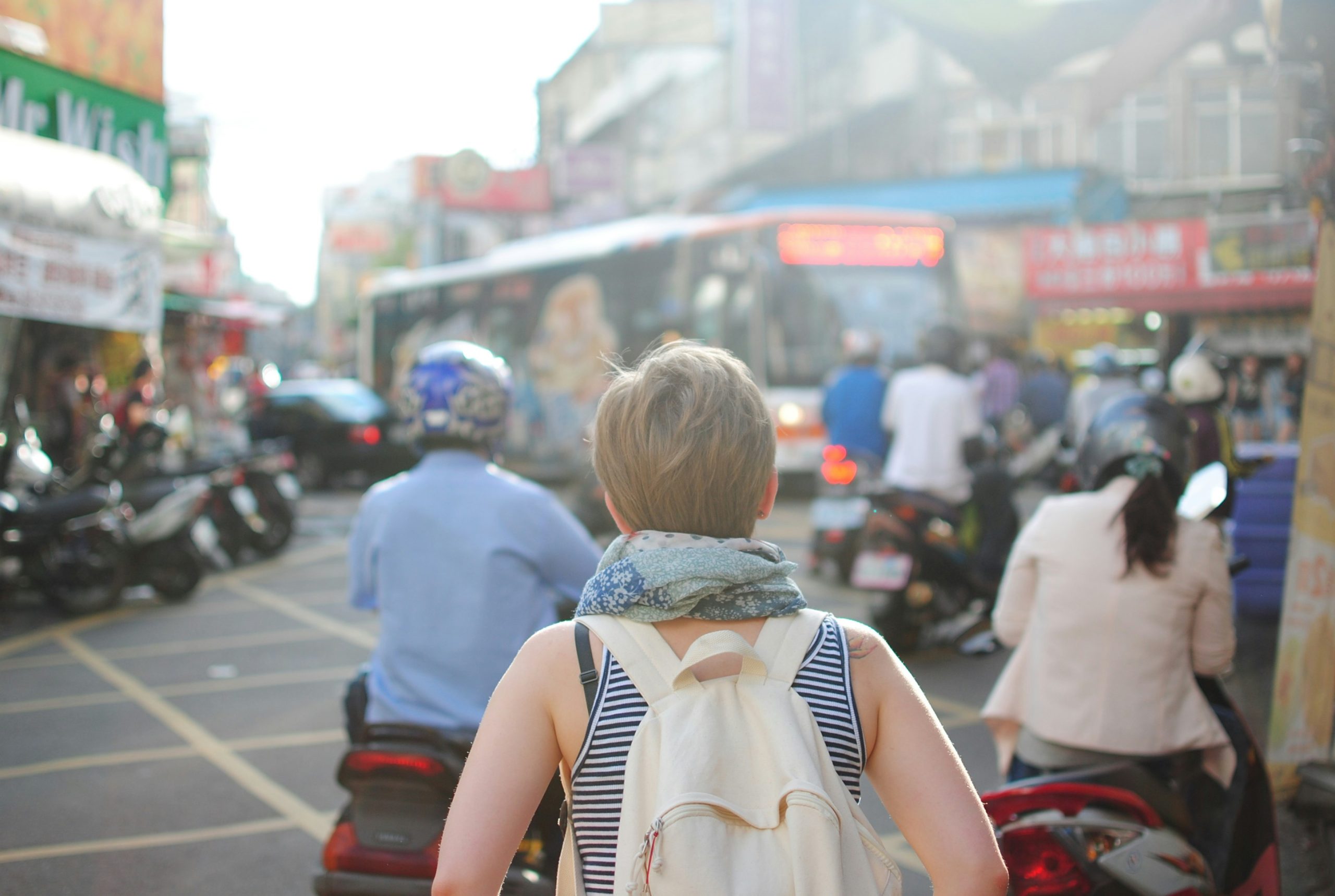I had planned a trip to Ecuador, is it safe to go? What other similar destinations can serve as an alternative?
In recent months, Ecuador has been in the global spotlight due to incidents of violence and internal conflicts. However, how safe is it really to visit this beautiful South American country at present? To address this question, it is important to consider several factors, from the political and social situation to public perception and the security measures implemented by authorities and tourism companies. According to the Travel Advisory from the United States Department of State, Ecuador is currently classified as level 2: "exercise increased caution." This is due to the conditions of the internal armed conflict that have sparked civil unrest, crime, and kidnappings in certain areas of the country, particularly in the port city of Guayaquil. Although this warning indicates the need for caution, it is also important to note that many tourist areas continue to operate normally and have maintained their usual tranquility. An article from Travel Weekly showcases the visit of one of its reporters, who during their stay in Quito, the capital of the country, and other cities like Cuenca, was able to experience firsthand the warmth and hospitality of the people, as well as the beauty of Ecuador's natural landscapes, stating that despite the challenges, many parts of
Where are digital nomads traveling to?
In the dynamic contemporary work world, digital nomads represent an emerging force that challenges traditional conventions about where and how work is carried out. These digital professionals have chosen a lifestyle that allows them to work from anywhere with an internet connection, freeing them from geographic restrictions and providing them with unprecedented freedom. But where exactly are these digital nomads traveling? What factors influence their decisions, and how is this trend evolving? The rise of digital nomads is not only a reflection of technological advancement but also a shift in work mentality. Increasingly, people are opting for a flexible lifestyle that allows them to blend work with full enjoyment. According to recent data from Pumble, in 2021 the number of digital nomads reached 10 million worldwide, with significant growth in recent years, and this trend is expected to continue to rise. The Harvard Business Review article "The New Reality of Digital Nomads" highlights how this trend is transforming the way we work and live. It points out that as companies adopt more flexible remote work models, digital nomads are not only redefining boundaries in how people work but also where they choose to live and travel. Choice destinations for digital nomads Digital nomads choose
Hotel Trends to Watch in 2024
As we move through 2024, it becomes increasingly clear that we are edging closer to a futuristic world where technology and sustainability redefine the traveler experience. With artificial intelligence, the implementation of robots and chatbots, augmented reality, and the unwavering consumer demand for sustainable practices and holistic wellness, the hotel industry will continue to grow, adapting to new guest expectations and approaches. Here's a sneak peek at the key hotel trends that will be in the spotlight. Personalized and contactless customer experience According to a report by Exploding Topics, 71% of travelers show a greater willingness to stay in hotels that offer self-service technology. Additionally, a 2020 study by Criton revealed that 80% of travelers prefer using an app for processes like check-in and check-out, room service requests, and communication with hotel staff. These data clearly indicate that guests value experiences that allow them to access personalized amenities and services efficiently and without physical contact. An initiative exemplifying this trend towards contactless experience is digital concierges. A notable case is Ivy, the digital concierge developed by GoMoment, present in hotels ranging from the Venetian Las Vegas to various Holiday Inns worldwide. Ivy has interacted with over 50 million guests, providing answers to questions, handling
Interview with the Winner of the 3rd Edition of the Culinary Diploma
After exploring with you the conclusion of the fourth edition of the Creative Cooking Diploma, where young Dominicans dedicated their effort and determination to stand out in the competition, it is a privilege to present the interview with the winner, Kathy Rosario. Not only does she stand out as the first woman to emerge victorious in this competition, but she also serves as a tangible example of perseverance in the pursuit of professional goals. Kathy, as she herself emphasizes, did not experience her first foray into the competition, but her second, and despite the challenges, she persisted in her pursuit of progress in her professional career. In this vein, it is an honor to share the exclusive conversation with the recent diploma winner: Good morning, my name is Kathy Paola Rosario Gil, and I'm from Pimentel, a province belonging to the San Francisco de Macorís region. What led you to participate in the Creative Cooking Diploma, and how do you feel about being selected as the winner? Kathy Rosario: The first thing that motivated me to participate in this competition was the desire to grow, surpass myself, and demonstrate that a woman can do it, even on her own. Last year, I participated,
Emerging talents shine in the 2023 Creative Cooking Diploma
An initiative that turns dreams into realities and takes an extraordinary turn in the Dominican gastronomic future. It is with great joy and satisfaction that I share with you the conclusion of the fourth edition of the Creative Cooking Diploma, an initiative that I proudly support and sponsor to boost Dominican culinary talent. This project, developed in collaboration with the National Institute of Technical and Vocational Training (INFOTEP), has proven to be a breeding ground for exceptional culinary skills and has left an indelible mark on the gastronomic scene of the Dominican Republic. This year, we had the pleasure of witnessing a special milestone: the victory of a woman, Katy Paola Gil, who stood out as the well-deserved winner of this edition. In a clear demonstration of the growing female presence in the Dominican culinary scene, Kathy not only takes home the title of champion but also a valuable scholarship to participate in an advanced culinary techniques workshop at the renowned Basque Culinary Center in Spain. I am proud to be a part of this transformative experience for 25 young people from the Eastern region of the Dominican Republic, who, with dedication and passion, have elevated their culinary skills to new heights. The conclusion
Trends in gastronomy in 2024: flavors of the future
For 2024, the gastronomy industry is envisioned as a culinary journey filled with exciting innovations and discoveries. From revolutionary techniques to exotic ingredients, the culinary scene is undergoing a remarkable transformation. Therefore, I am pleased to offer a detailed analysis of the trends that will shape the pace of taste preferences during this period. The rise of eco-friendly gastronomy Environmental awareness has permeated every aspect of our existence, and gastronomy is not exempt from this trend. In 2024, there is a noticeable increase in the demand for sustainable food options and the adoption of environmentally friendly culinary practices. According to the EcoCuisine gastronomic trends report, 78% of consumers are actively seeking restaurants that integrate eco-friendly practices. The revolution of alternative foods With a growing focus on health and ethics, alternative food options are experiencing a significant increase in popularity. According to data from the World Alternative Food Association, it is projected that sales of vegetarian and vegan products will represent approximately 20% of the global food market by the year 2024. Furthermore, Mintel research indicates that 65% of consumers are willing to try options that replace traditional meat. Culinary technology The way we prepare and enjoy food is being transformed by technology. From artificial intelligence-powered kitchen robots to
New Year Experiences Around the World
As the year comes to a close, we can't help but reflect on the unique experiences that New Year brings in different parts of the world. Traveling during these times is more than just a celebration; it's a reminder of the cultural diversity that enriches our lives. From the dazzling lights in Sydney to the serene reflection in Kyoto, every corner of the globe contributes its uniqueness to this global festivity. Sydney, Australia: luminous display on the Harbour Bridge In vibrant Sydney, Australia, the arrival of the New Year is celebrated with a display of fireworks over the iconic Harbour Bridge and Opera House. This event attracts millions of spectators who gather to witness an unparalleled light show. The question that arises is simple yet intriguing: How can the city make the sky even more impressive than it already is? Rio de Janeiro, Brazil: party on the sands of Copacabana Our next destination takes us to the golden beaches of Rio de Janeiro. Brazil, famous for its carnival, doesn't fall short on New Year. On Copacabana Beach, millions of people gather to participate in a feast of music, dance, and offerings, marking the beginning of a new cycle with an explosion of energy that
Travel Trends 2024
The world of tourism is like a canvas constantly evolving, with each passing year bringing new strokes of experiences and destinations. After dissecting the travel trends unveiled by Amadeus, a leader in the travel industry, this article takes pleasure in highlighting the trends that will shape the tourism landscape in 2024. Generative Artificial Intelligence (GAI) at the heart of the travel experience Generative Artificial Intelligence (GAI) is gaining ground in the tourism sector in 2024, translating into more personalized and efficient travel experiences. Instead of relying on filters on search sites, travelers can now interact with GAI-based chatbots, such as Expedia's new ChatGPT plugin. Acting as a virtual travel assistant, it provides instant hotel recommendations and itineraries with links for booking. This evolution in travel planning offers a more intuitive and personalized experience for consumers. The rise of music tourism After the social isolation of the pandemic, music has become a powerful medium of connection. Music tourism is experiencing a surge, with artists like Coldplay and Taylor Swift leading the charge. The connection between musical events and the increase in flight searches and bookings is evident. For example, Coldplay's announced concerts in Romania and Greece for 2024 had a significant impact on flight searches
How Hotels Prepare for the Christmas Peak Season
The Christmas season marks a period of intense activity for the hotel industry, as families and friends embark on journeys to celebrate the festivities. According to an article from Travel Wise, a significant increase in demand has been recorded during the Christmas and New Year season in prominent global destinations. Specifically, the global hotel occupancy rate has already reached 23%, representing a 10% increase compared to the same period last year, as reported by Travel & Tour. This growing demand underscores the importance for hotels to implement key strategies to ensure an exceptional experience for their guests during this special season. Below, I detail the essential practices that hotels adopt to stand out and efficiently respond to the Christmas demand. Facility optimization As a first step, hotels must ensure that their facilities are impeccable to welcome guests during the Christmas season. This process includes the cleaning and disinfection of rooms, the maintenance of common areas, and the incorporation of decorative elements in line with the festive spirit. Special offers and promotions With the aim of attracting guests, hotels implement exclusive offers and promotions during the Christmas season. These offerings may include discounts on rates, accommodation packages with complimentary breakfast, or free Christmas activities. Additional staff hiring To meet
Investment opportunities in sustainable tourism
Tourism represented approximately four percent of the global economy before the outbreak of the COVID-19 pandemic. During 2020-2021, the sector experienced significant losses, including a marked decline in capital investment, which included foreign direct investment. Since then, global tourism has been recovering slowly but steadily, returning to pre-pandemic levels. According to the World Tourism Organization (UNWTO), investments are crucial for the recovery and future growth of tourism, aligned with Agenda 2030 and the Sustainable Development Goals. Through its recent 2022 Tourism Investment Report, it sheds light on an uneven recovery landscape and the urgent need to redesign our investment strategies focusing on education, sustainable infrastructure, innovation, and entrepreneurship. The report highlights that while tourism has shown signs of recovery, with a 5.3% increase in tourist arrivals in 2021, foreign direct investment (FDI) has remained low. In this regard, FDI in tourism decreased in 2021 and continued its decline in the first half of this year, despite the significant increase in air traffic in Europe. This disparity indicates that, although the demand for travel has improved, investments in the sector have not followed the same pace, posing a critical challenge that demands our attention. Despite this scenario, the report points out that investment is










